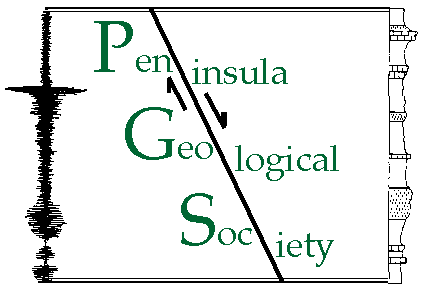
Presents
Location: Stanford University
Anyone wishing to attend the lecture only is welcome at no cost.
This will be the 459th meeting since 1954
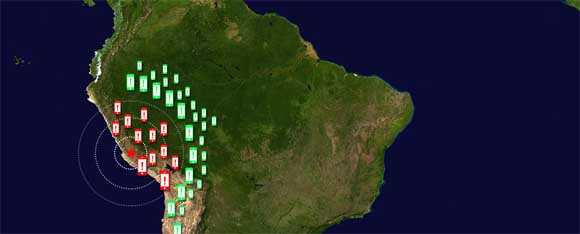
Chile faces a high seismic hazard with magnitude 7.5+ earthquakes occurring roughly every 1.5 years. Accordingly, Chile has a need for both earthquake early warning and local tsunami early warning. The Chilean Centro Sismológico Nacional (CSN) is in the process of establishing an early warning system with scientific grade instrumentation. In parallel, we are developing and deploying an early warning system in Chile using only smartphones and an inexpensive GNSS add-on to incorporate SBAS corrections. The smartphone uses an Android application to collect data from the smartphone’s onboard accelerometer and the GPS chip. The application analyzes and transmits relevant data to a central server where we use the FinDer-BEFORES algorithm to detect earthquakes and produce a real-time joint seismic-geodetic finite-fault distributed slip model (for sufficiently large magnitude earthquakes) or a near-field acceleration-based line source model (for smaller magnitude earthquakes). Accurate ground shaking forecasts could be provided by either earthquake source model, and distributed slip models for larger offshore earthquakes could be used to infer seafloor deformation and thus provide local tsunami warning. Our goal is to build and deploy over 200 smartphone-based monitoring stations this year. Although this project utilizes the smartphone-based sensor as part of a fixed network, this approach could also be implemented in a crowd-sourced manner. In November, 2015, the first 8 sensor units were installed in the region of the 2015 Mw 8.3 Illapel, Chile earthquake. While the early warning system is not yet live, retrospective batch processing of all the data collected from these few sensors shows that our proposed analysis method successfully detects, locates, and estimates the magnitude for two Mw≥5.5 earthquakes that have occurred since the sensors were deployed while producing zero false alarms. We expect the systemÕs performance to improve significantly once the sensor network is expanded beyond this nominal initial deployment.
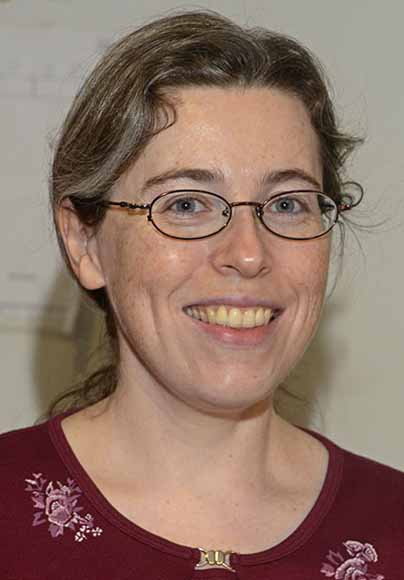
Sarah Minson
Education:
B.A. in Geophysics from UC Berkeley (2003) (Thesis: "Source Mechanisms of Volcanic Induced Seismicity—Miyakejima, Japan, 2000")
M.S. in Geophysics from Caltech (2005)
Ph.D. in Geophysics from Caltech (2010), adviser Mark Simons (Thesis: "A Bayesian Approach to Earthquake Source Studies")
Appointments:
2011-2013 U.S. Geological Survey Mendenhall Fellowship
2013-2014 Post-doctoral fellow, Caltech (adviser: Tom Heaton)
2014-present Research geophysicist with the U.S. Geological Survey
Reservations: The preferred way to make reservations is simply to email Mike Diggles at mike@diggles.com by May 8, tell him you will attend, commit to pay, and bring your payment to the meeting. Mike always emails a confirmation; if you don’t get one, assume email crashed yet again and email him a second time. A check made to “PGS” is preferred, payable at the meeting.
If you want to pay in advance:
Everyone (including Stanford folks now) Please make dinner reservations by March 6. Contact Mike Diggles, at (650) 329-5404. Send check made out to “PGS” to Mike.
Dinner and the social hour is $35.00; this includes $1 that we use to help pay for students who are only $8.00 (also partially subsidized thanks to the School of Earth Sciences, Stanford University (Note, no-show reservations owe the full price).
Doris, whose wonderful crew prepares our meals, asked that we let you know that people who are late RSVPing and people who show up without a reservation will be welcome but that they may be eating on paper plates with plastic utensils (food supply permitting).
Dues for Academic Year 2015–2016 ($10.00) should be sent to Mike Diggles, 345 Middlefield Road, MS-910, Menlo Park, CA 94025. Mike’s phone: (650) 329-5404.
Officers: Kevin Gill, President; Sarah Nagorsen, Vice President; Mike Diggles, Secretary-Treasurer; Elizabeth Miller, PGS Stanford University Coordinator
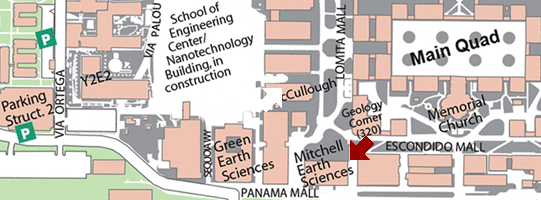
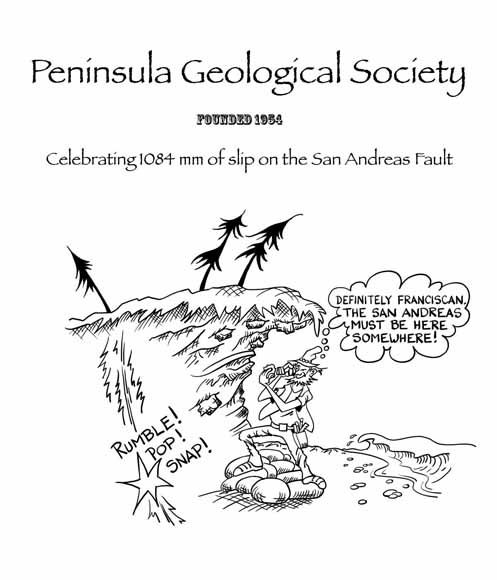
PGS cartoon by Rick Blakely
Date created: May 5, 2016
Last modified: May 5, 2016
Created by: Mike Diggles, Webmaster-Secretary-Treasurer, PGS.